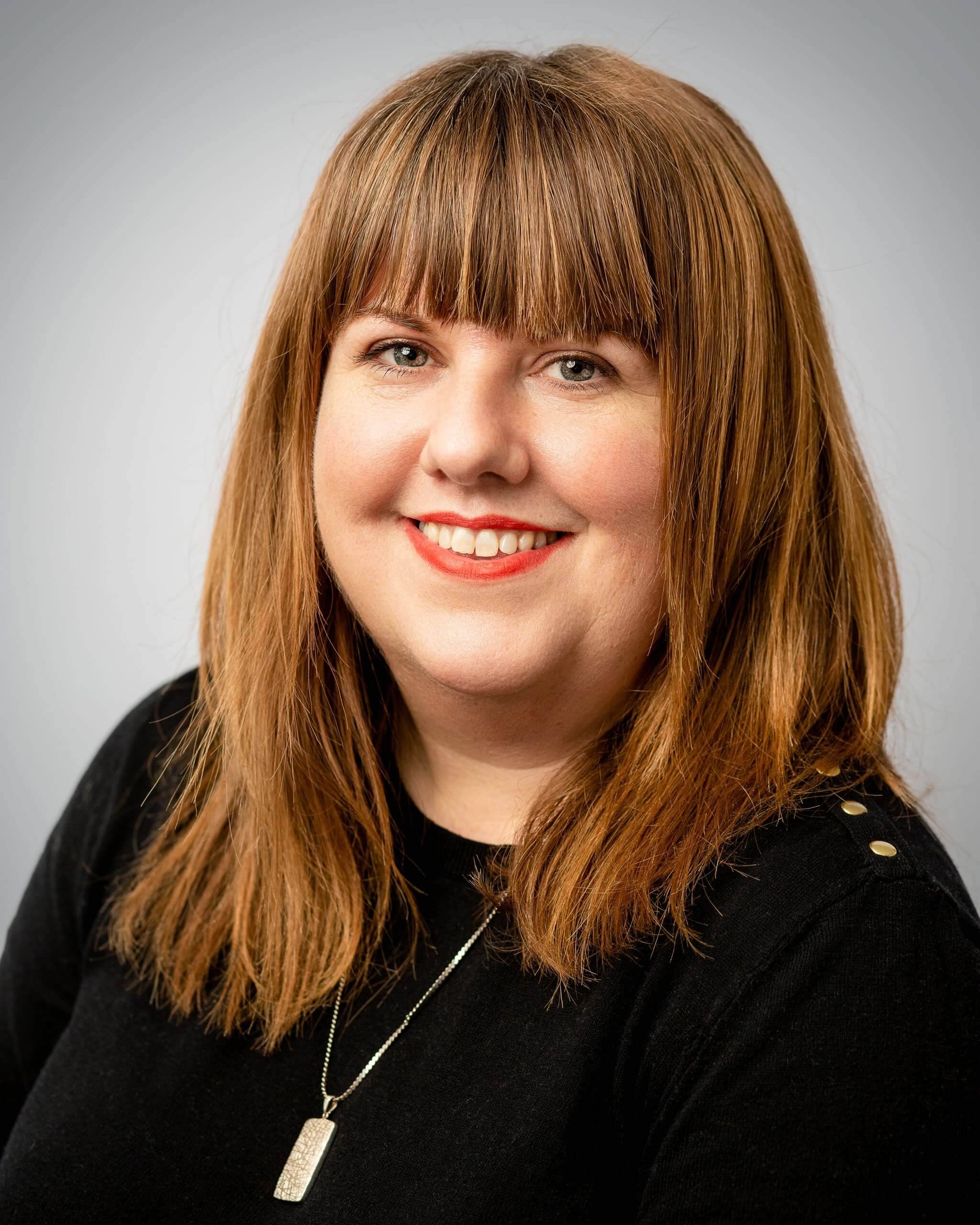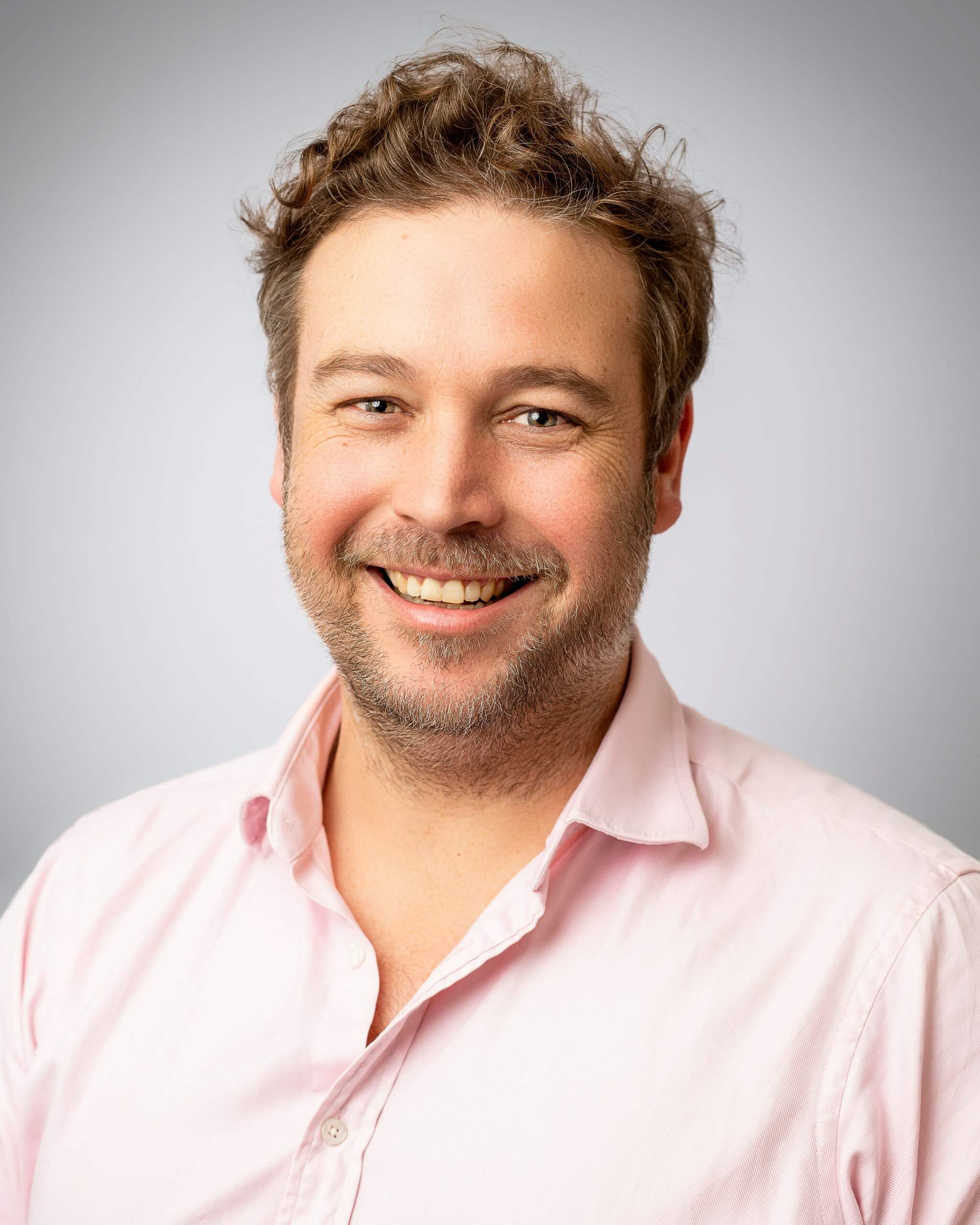Novartis: Improving access to healthcare in underserved communities

How can we help more people access our treatments and medicines?
Novartis is a global pharmaceutical company that is reimagining medicine.
Patients are at the centre of everything Novartis does. They work with the patient community around the world to discover new ways to improve and extend people’s lives. Significant investment in research and development underpins their commitment to using science-based innovation to address some of society’s most challenging healthcare issues. They understand that it’s only by working together that they can improve outcomes for patients and change the practice of medicine.
In May 2020 we were delighted to be asked by Novartis to help some of their teams to harness the power of design thinking to help them in their quest to bring their innovative treatments and medicines to patients currently unable to access them.
The challenge
Although Novartis is always increasing the availability of medicines and treatments across the globe, they recognise that some communities and some medical conditions are simply not covered by their local healthcare provision.
So a team of patient access specialists across the Middles East, north Africa, and central and south America, partnered with us to use design thinking to explore:
How might we help patients who are currently unable to access treatment through traditional channels, or not covered by those traditional channels, to access the treatment they need?

What we did
We brought teams from six countries together on remote innovation platform Sprintbase for a fast-paced skill building event to learn and practice the basics of design thinking. Teams kicked off their projects by planning the first stage – Field Research. They identified which stakeholder groups and extreme users they would need to speak to. They also discussed their research objectives and planned how they would get beyond the obvious to really understand the barriers to treatment.
As our project was launching in the middle of a pandemic, our teams needed to find digital ways to connect with our research subjects. We found that even with limitations on face-to-face meetings and travel, teams were able to use video conferencing and structured questions to uncover rich insights from more than 30 interviewees.
Working with their Treehouse coaches and using Sprintbase to share their findings, the teams were able to spot themes and patterns within their research, leading to great opportunities to create new solutions.

The outcome
Taking time to find analogous inspiration really helps to spark ideas for this project. The Novartis team researched over 60 case studies where organisations had overcome barriers to communities accessing a particular service, whether that be water, education or food. These case studies were used to create a ‘Gallery Wall’ in Spintbase for teams to read and get inspired prior to brainstorms.
This research combined with the team’s other findings, inspired more than 80 ideas and 13 prototypes. They sought feedback from within and outside of the organisation, which allowed them to iterate their ideas ready to present to senior sponsors within Novartis.
The final 13 prototyped concepts ranged from simple but high impact ideas that could be implemented within the next 12 months, to more complex, far reaching ideas that require more investment, but could be life changing to patients, if successful.

“This project showed that if you’re going to come up with truly innovative and, in this case, life changing ideas, you’ve got to be open to findings that challenge your assumptions. For anyone living in a country where healthcare is fully funded, where you get statutory sick pay or perhaps urban dwellers who have the hospital on their doorstep, it’s really easy to believe that this is everyone’s experience. The stories that opened my eyes the most were hearing from patients suffering with chronic illness, who were eligible to receive healthcare but who couldn’t take paid time off work to obtain the treatment. They then faced the difficult choice between earning money to feed their families or taking unpaid leave to attend much needed medical treatment. Of course, they chose to feed their families, but at huge personal risk”
El Tong
Treehouse Innovation

“We were so impressed by the breadth of analogous case studies the team uncovered. Some of these had clearly sparked their thinking and allowed them to apply known solutions from other industries to the issue of patient access, with some truly inspired and cutting edge results.”
Duncan Brannan
Treehouse Innovation
Similar stories
Sky: Creating fantastic facilitators
How can we scale up our internal innovation capability? Sky is committed to innovation. Operating in such a competitive and fast-moving market means it’s vital that the business can not only anticipate, but set industry […]
Read moreRemarkable’s annual Design-athon moves online
Online event invites people to harness the power of technological innovation to remove barriers for people living with disability
Read moreFreudenberg 175th Anniversary – Strategic and Creative Engagement
How do you evaluate the future-readiness of a massive global business that spans multiple business models across all global regions? In 2024, Freudenberg, a global technology company with operations spanning various industries, was preparing to […]
Read more